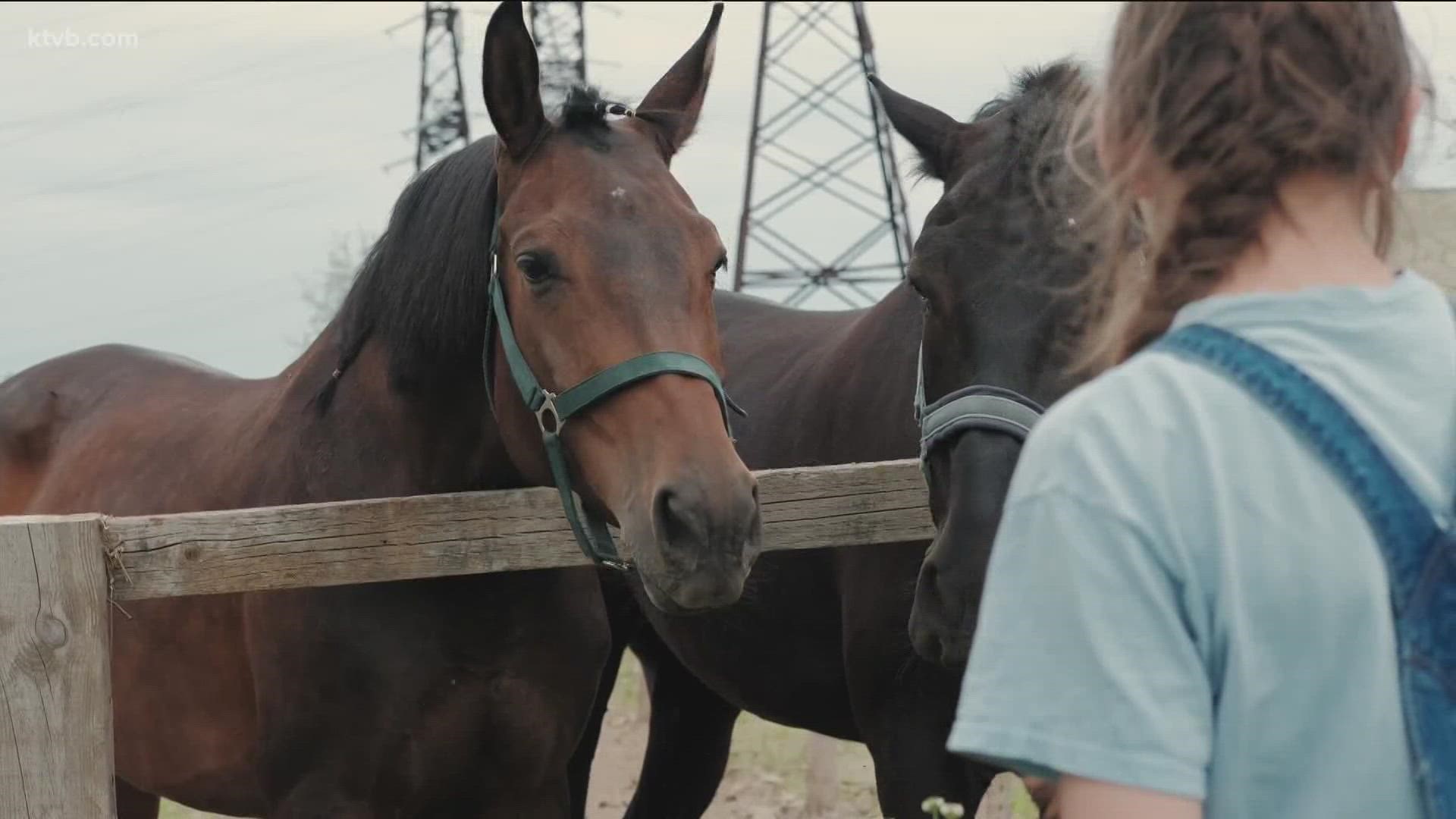CANYON COUNTY, Idaho — Warmer temperatures are creeping in and so are the mosquitos. With the arrival of those biting bugs comes the risk of mosquito borne illnesses.
Canyon County Mosquito Abatement District Director, James Lunder says, “Unfortunately the main things mosquitos do is spread a lot of diseases that unfortunately kill a lot of people. They are by far the most dangerous animal on the planet.”
Lunder says horses and other live stock are also at risk from the diseases mosquitoes bring.
“They have a huge impact on our lives from a disease standpoint for things like horses," Lunder said. "Uncontrolled mosquito's population have a huge economic impact for things like livestock production and milk production. Those type of animals don't do well when they are being impacted by mosquitos."
The two main diseases to be aware of are the West Nile Virus and the Western Equine Encephalitis. Lunder says the warmer the temperatures get, the stronger their team must be to help reduce them.
"The biggest single fact that impacts virus is temperature. So, the hotter it is, the more the virus will replicate," Lunder said. "It also impacts our ability to kill mosquitoes because their life cycle happens faster the hotter it is."
Horses that have been infected with any of these viruses can feel lethargic and experience neurological symptoms and in more advance cases, Lunder says the horse will not stand any longer.
That is why the Idaho State Department of Agriculture and Canyon County Mosquito Abatement District want to remind and encourage the community to vaccinate their horses.
"Often times, a lot of horse owners don't think about West Nile Virus and other mosquito borne diseases until we start seeing positives and unfortunately because it takes time for that vaccine to work so if they really wait until that time, their horse really won't be protected,” Lunder said.
Lunder says the vaccine requires two injections given three to six weeks apart. Immunity happens around four to six weeks after the second dose. Along with the vaccine, Lunder also encourages the community to take extra precautions to protect yourself and your animals.
Watch more Local News:
See the latest news from around the Treasure Valley and the Gem State in our YouTube playlist:

